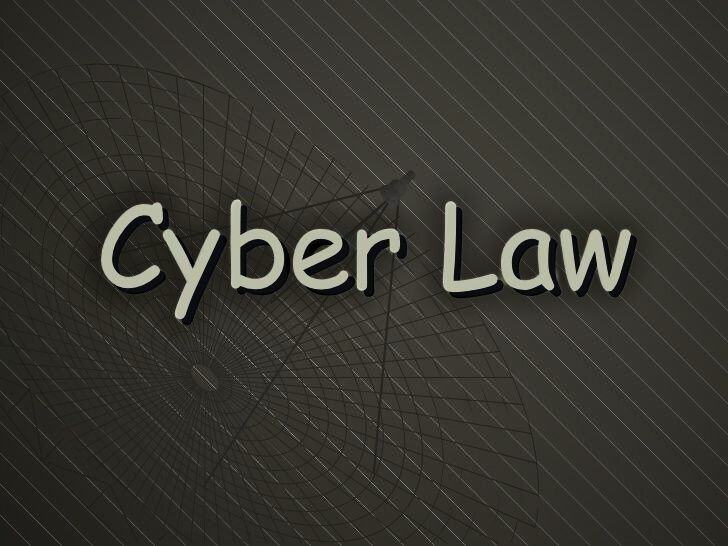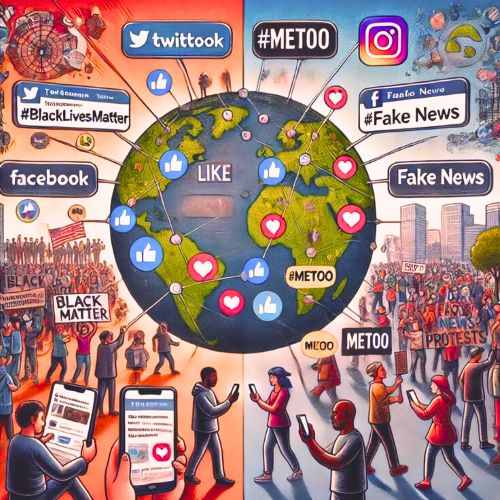Artificial Intelligence (AI) is rapidly expanding in every field today, whether it is health, education, finance, or any other sector. Nowadays, AI is being widely used in many tasks such as article writing, app designing, data analysis, through which work can be completed with accuracy and speed. But, the smooth and widespread use of Artificial Intelligence also gives rise to increasing threats of privacy and cyber fraud.
Due to the capability and popularity of AI, it is collecting and storing data on a large scale. This attracts cyber criminals and raises the question of whether our data is truly safe with artificial intelligence or not. In this article, we will try to explain to you how secure AI keeps your data and whether we should fully trust AI or not.
AI and Privacy Issues
1. How does AI collect and use data?
AI, which is integrated into every app and smart device, collects data from devices like smart TVs, smart watches, and computers. Companies use this data to understand users’ thoughts, behavior, likes-dislikes, and to grow their business. But it is not limited to this only.
The continuous progress of AI and its ability to monitor every activity of users has become a matter of serious concern. With the help of Artificial Intelligence, incidents of cyber attacks and data leaks are increasing, which are threats to both personal privacy and national security.
Primarily, artificial intelligence can leak sensitive data and cause massive data breaches, leading to problems like cyber crime, cyber attacks, phishing, hacking, cyber fraud calls, and identity theft.
2. Existing Data Protection Laws and Impact of AI
-
-
General Data Protection Regulation (GDPR) – European Union
-
Digital Personal Data Protection (DPDP) Act – India
-
California Consumer Privacy Act (CCPA) – USA
-
AI often operates in legal ambiguity, where keeping rules updated according to rapidly developing technology remains a challenge.
AI and Cybersecurity
Is Smart Technology actually promoting cybercrimes?
Yes, technology plays a key role in increasing crimes like cybercrime, cyber fraud, and identity theft. The misuse of Artificial Intelligence’s Deepfake Technology can spread false information, creating situations of fraud and confusion. Along with that, advanced malware created by smart technology escape from traditional security systems, making the identification of cyber attacks difficult.
Is smart technology effective in strengthening cybersecurity?
Yes, AI also helps in strengthening cybersecurity and is capable of detecting cyber threats with great accuracy. AI-based antivirus (like Norton and McAfee) quickly detect emerging cyber threats and prevent unauthorized access. Besides this, technology also makes other cyber defense systems smart and automated, providing better protection from cyber attacks.
Will smart technology be equally useful for cybersecurity in the future?
Governments and companies are developing smart security solutions to prevent cyber threats.
To prevent the misuse of this technology in cybercrime, there will be a need for ethical smart technology frameworks and strict laws.
Smart detection and response systems will have to be continuously upgraded so that new cyber attack strategies can be effectively countered.
AI and Legal Rules in India
Is there any AI law in India?
All technology-related crimes, cybercrimes are covered under the IT Act, 2000, but there are only a few provisions related to AI in the IT Act. In simple words, the IT Act, 2000 needs amendments. Apart from this, the Digital Personal Data Protection (DPDP) Act, 2023 also affects only some AI provisions.
In simple terms, amendments are required in India’s cyber laws and IT Act, 2000 if they really want to protect India from digital thefts like cybercrimes and cyber frauds.
Why does India need AI-specific laws?
-
To ensure that surveillance and data collection are controlled.
-
To ensure that privacy rights are not violated.
-
To control misinformation and fraud.
Major Legal Challenges of AI
A big and complex question arises regarding the rights and ownership of content and images created by AI. If we have to use AI extensively, then solving this question is also extremely necessary. Can AI claim copyright on any of the works it creates? This question remains unresolved even today, and finding its answer has become an important challenge for the legal world. This is not only a technical but also a legal and ethical issue, which will shape the future use and regulation of AI.
Conclusion
It can generally be said that this is an important aspect that is capable of doing many tasks easily, but it also has many drawbacks, due to which users may face threats regarding their privacy. Yes, it is also true that with its help cybersecurity has improved, but the same AI also provides cyber criminals an easy way to improve their skills. AI in a way provides a way to strengthen cybersecurity, and on the other hand, provides a way to break that same security to cyber criminals. In simple words, trusting it is not always necessary.
For more informative articles and updates, don’t forget to check out Tazza Khabar 24.
Frequently Asked Questions
How does AI impact cybersecurity?
Does AI increase privacy risks?
Does AI contribute to increasing cybercrimes?


